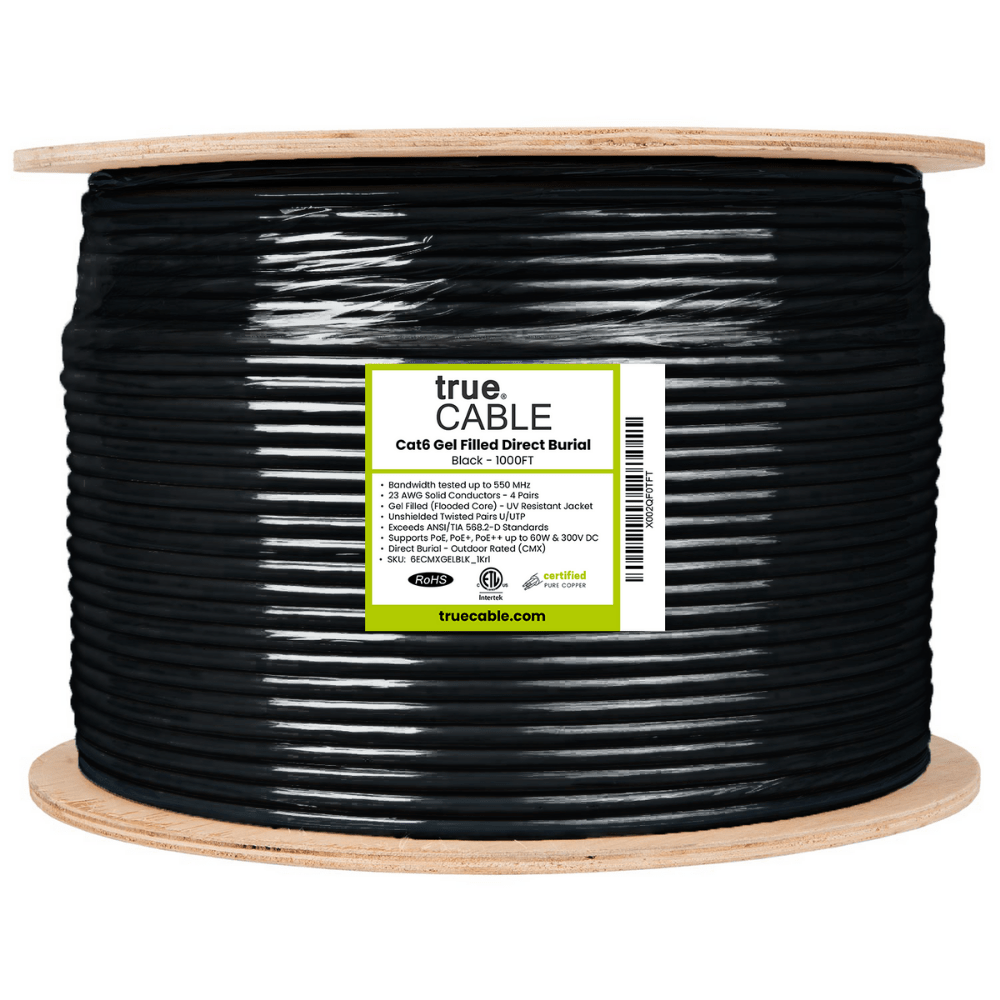Flintstone61
Known around here
I can't find the Murple cabling on Amazon. I guess i'll settle for that Mink. 
Good cable is worth it's extra cost. I mean come on.
I was installing patient Cardiac monitoring with wireless transmitters for the patients, and Nurses Station computer terminals monitoring 6-8 people per screen. I think that might qualify as mission critical.

Good cable is worth it's extra cost. I mean come on.
I was installing patient Cardiac monitoring with wireless transmitters for the patients, and Nurses Station computer terminals monitoring 6-8 people per screen. I think that might qualify as mission critical.








